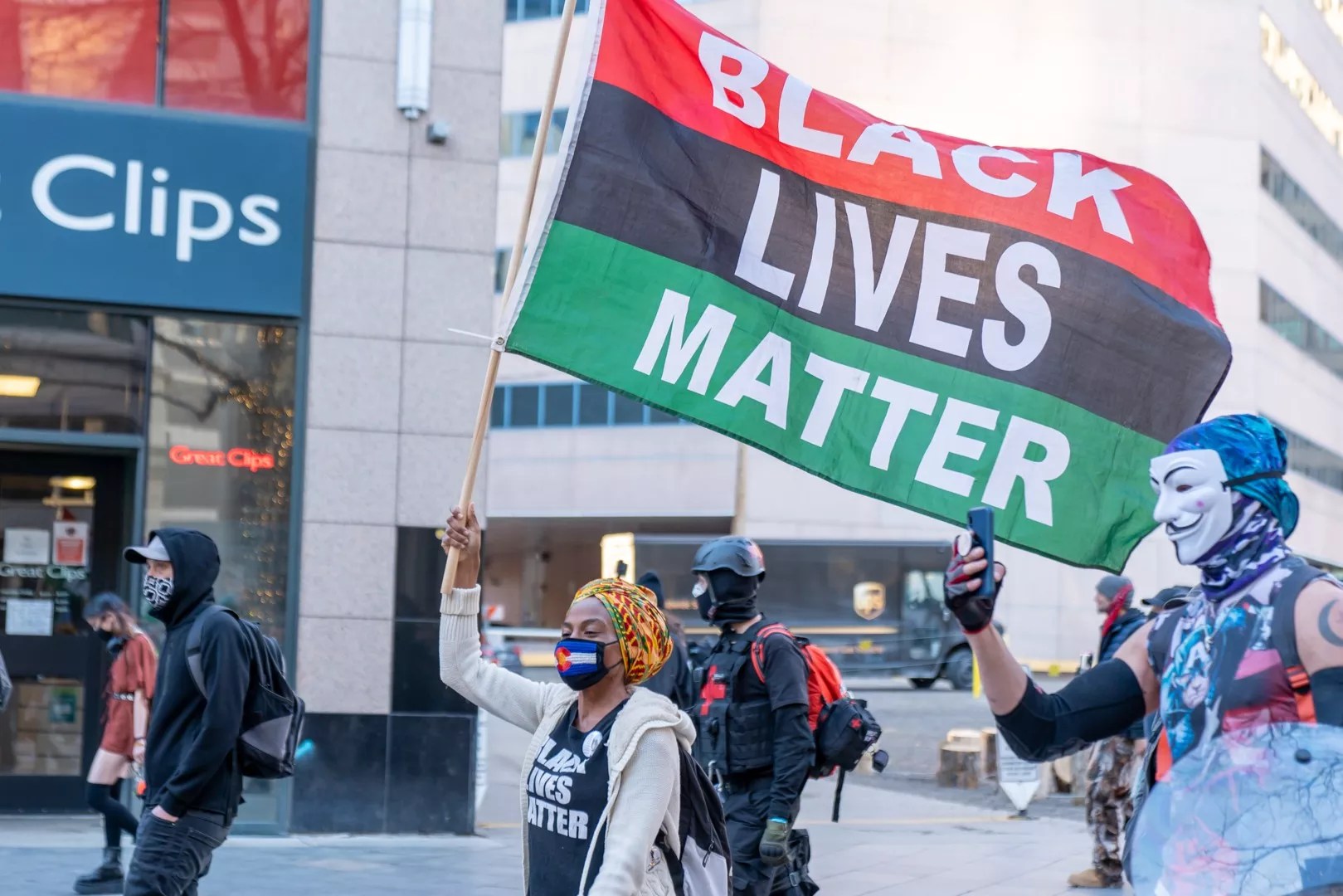
Michael Emery Hecker

Audio By Carbonatix
It is 1919, and the Spanish Flu has ravaged American lives for a year. A group of citizens calling itself the Anti-Mask League petitions for San Francisco to repeal its mandatory mask order. The group calls into question the validity of masks’ efficacy in preventing disease and alarming citizens that their civil liberties are being tarnished. Under political pressure from the Anti-Mask League, the City of San Francisco lifts the requirement, while Black Americans are dying of the Spanish influenza at disproportionate rates.
While primarily a protective measure, the COVID-19 mask has become a cultural symbol. In the United States, it represents social responsibility and respect for the bodily autonomy of those around us. This newfound “mask culture” pushed by the U.S. Centers for Disease Control and Prevention has fostered a sense of civic duty for the protection of our personal health; however, the social history of the COVID-19 pandemic is startling in similarity to its predecessor. Consequently, mandatory Personal Protective Equipment orders during COVID-19 have forced Black Americans to weigh the dangers of disease against the dangers of selective enforcement and racial profiling from police – especially for Black men.
COVID-19 mask requirements furnished yet another reason for police interaction and selective enforcement against people of color. This punitive approach to mask-wearing sometimes escalates these interactions with excessive force, fines or the threat of incarceration. Across several decades, the term “thug” has been used to reject Black males who do not rise to the standard of White America. This term has become the platform to dismiss Black men as less valuable and perpetuates a negative and criminal connotation in the forms of microaggressions and overt racist policies to cage Black life. In 2018, professor Angela Onwuachi-Willig analyzed how hoodies and other styles of dress that perform blackness can stereotype Black men, indicating that they do not belong in White spaces. A national survey conducted by the COVID-19 Dynamic Study assessed race, mask usage and mask-related fears. Black respondents listed “police interaction or racial profiling as the greatest harm that could come to them from wearing a mask (43.3 percent), over discomfort (23.3 percent), health concerns (20 percent), being attacked by conservatives for complying with mask requirements (10 percent), or others concealing their identity to facilitate crimes (.03 percent).”
On March 18, 2020, in Wood River, Illinois, two Black men wearing surgical masks recorded themselves being followed by a police officer as they left a Walmart. The video is posted on YouTube, where one of the men says, “He just followed us from outside, told us that we cannot wear masks.” The officer walking behind the pair has a hand resting on his gun.
At the same period when this selective enforcement incident took place, anti-quarantine rallies erupted nationwide. At these events, predominantly White protesters decried their state’s restrictions, often carrying guns and disregarding PPE mandates. The police response to these military-styled protests was peaceful. Several commentators were jarred by the much milder treatment of the White armed protesters, which drastically contrasts how Black Americans were pepper-sprayed during the Black Lives Matter protests. Why can White men express their Second Amendment rights, but Black men cannot go to the store without being labeled suspicious? Clearly, police behavior throughout the pandemic evinced much greater willingness to enforce mandatory PPE orders against Black Americans than White Americans.
Of the countless Black lives lost to racist police brutality, some view these incidents as reflecting justifiable self-defense. Social political ideology may be an important factor in the perception of police who shoot Black men; liberals are more likely than conservatives to believe that police brutality is racism. Additionally, others have noted that the heightened suspicion of mask-wearing Black men is not systemic, but the actions of rogue police officers. ReNika Moore, director of the ACLU’s Racial Justice Program, states, “For many Black people, deciding whether or not to wear a bandanna in public to protect themselves and others from contracting coronavirus is a lose-lose situation that can result in life-threatening consequences either way.” With that, it is hard to deny that Black people are not at risk of racism from law enforcement for choosing to wear a mask or not.
The COVID-19 mask is a barrier to transmission of the virus but is an excuse to profile and restrain Black bodies. The majority needs to consider wearing a mask as a privilege of Whiteness. White mask privilege includes: not being judged for the clothes you wear, not having to bear being socialized as a criminal group, not being denied social service and, most important, not having to worry about your life being taken away from you.
Rather than viewing masks as tools to criminalize lives, officers should enforce the law – not on racial fault lines, but on the actual basis of criminal activity.
Aliyah Williams is a University of Denver graduate with undergraduate degrees in Psychology and Criminology. Her most recent class focused on the dynamics between the institution of policing and society, which helped her further understand the broken racial tensions currently plaguing the country.
Westword publishes op-eds and essays on matters of interest to the Denver community on weekends; the opinions in these pieces are those of the author, not Westword. Have one you’d like to submit? Send it to editorial@westword.com.